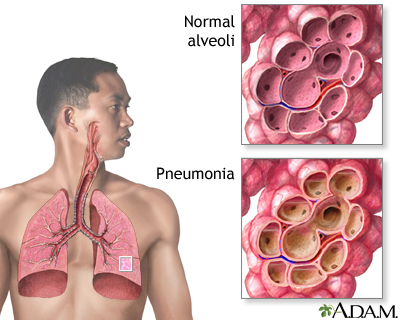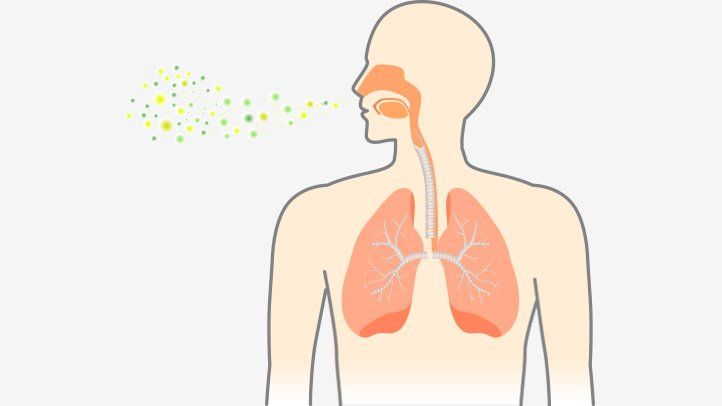
There are many symptoms of pneumonia that need to be properly diagnosed in order for the patient to receive the proper treatment and cure
The most common symptoms of pneumonia are shortness of breath, chest pain with mucus (usually with phlegm (an oily substance coming from deep within the lungs)), feeling fatigued and having frequent coughing. Shortness of breath is commonly caused by infection of the lung cavities. When bacteria invade the lung cavities, they multiply rapidly, and as they multiply, they produce more mucus. When mucus becomes too thick, it clogs the respiratory passages.
The mucus in the lungs that clogs the breathing passages, causes a person to feel fatigued and short of breath, and if the mucus becomes thick, it can also obstruct the airway, which can cause serious problems. The patient may also suffer from chest pains when he breathes or coughs and may have chest pain when he exhales.
The other symptoms are diarrhea, nausea, vomiting, and even pain in the chest or throat when coughing. Diarrhea can be caused by infection of the stomach or intestines, anemia, and malnutrition. The patients may experience abdominal pains as well, and he may also feel pain on the back, abdomen, or leg. In some cases, the patient may vomit blood. These symptoms may vary in severity according to the seriousness of the infection.
When the infection spreads to the lungs, it may result in pneumonia, which is a very serious complication. If left untreated, pneumonia may lead to death. This complication can be prevented by using antibiotics and getting enough rest and fluids.
Complications may also arise during the recovery period when there is inflammation and infection of the lung tissues, resulting in scarring. As time passes, the body may build up toxins that may cause other complications, and the patient may also have problems with swallowing. This complication requires intensive medical attention, and the recovery time may take more than one month.

The lungs can get infected easily, and they are often prone to developing complications like pneumonia, especially when the patient has been infected with lung infections in the past. Some people are more likely to develop pneumonia than others because they have immune system weaknesses or allergies. People with bronchial tubes that are damaged by allergies, such as asthma and hay fever, are at a greater risk of developing pneumonia. This is because they cannot fully clear the airways of air.
A patient with a weakened immune system may also suffer from severe complications when infected with bacteria and viruses. These patients should take certain measures to ensure that they are not infected with these pathogens. This includes using medications and taking care when they have contact with others. They should always wash their hands thoroughly after touching other people's bodies, even those who do not appear to be sick.
If you think you have pneumonia, seek medical attention as soon as possible
This is especially important if you have symptoms of pneumonia that do not respond to conventional treatments, such as cough, chest pain, or feeling fatigued. It may be important to seek treatment in order to prevent serious complications. It is important to note that some forms of this disease can spread to other parts of the body.
There are three common forms of pneumonia. These include pneumonia due to viral infections (pneumonia), pneumonia caused by bacteria and viruses (pneumonia bronchitis) and pneumonia due to other health issues, such as pneumonia due to a ruptured lung or respiratory infection. Common signs and symptoms of pneumonia include breathlessness, wheezing and coughing, chest pains, shortness of breath, difficulty in breathing, and fatigue.
These are the most common forms of pneumonia. Other forms of this disease include a lung infection, which is caused by a virus, tuberculosis or lung abscess. Chest infections are a form of pneumonia caused by bacteria and viruses. A ruptured lung is another form of pneumonia, also called acute respiratory distress syndrome, and this is a condition caused by a burst lung or a blockage in the lungs, which is sometimes accompanied by fever.
In general, symptoms of pneumonia, including chest infections, can be treated with antibiotics. If the infection is caught early enough, you can avoid serious complications and the possibility of death.
About the author